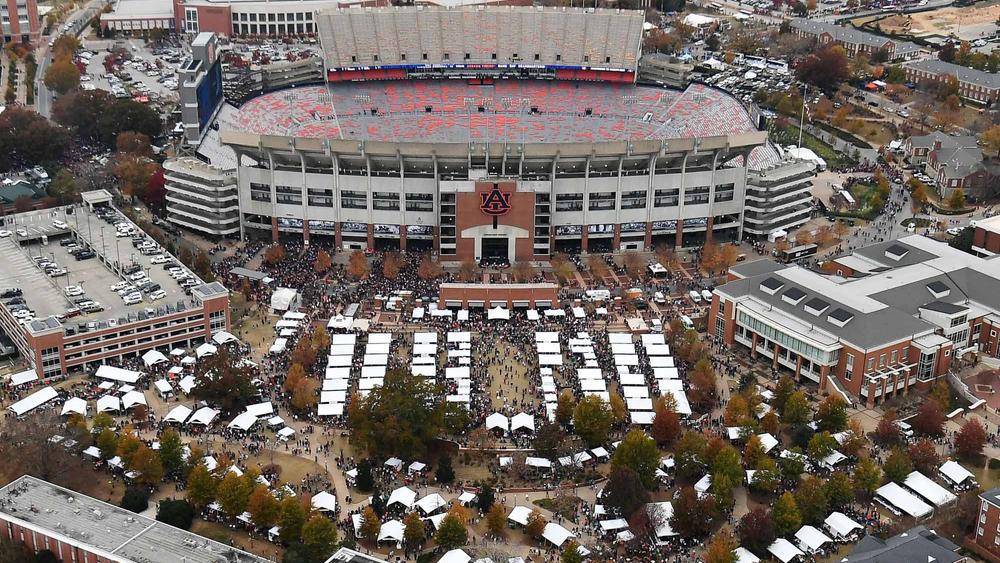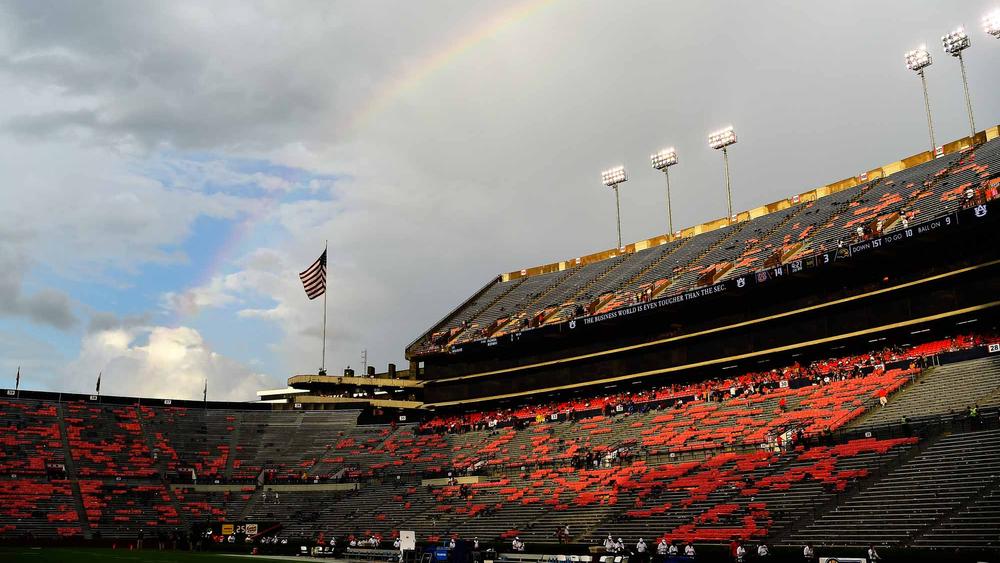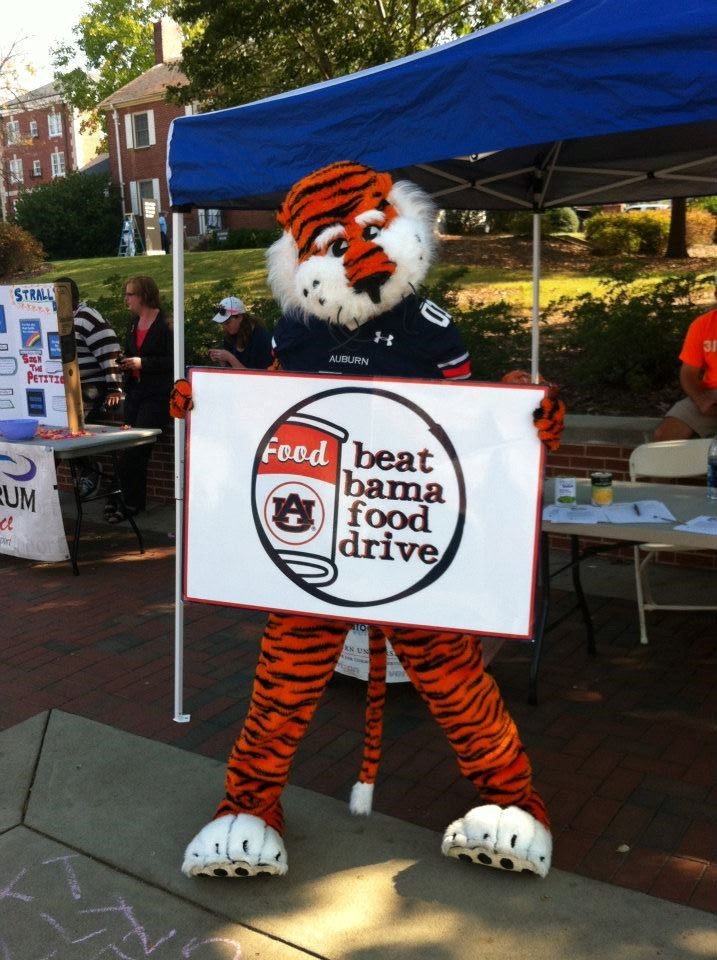When Auburn University President Jay Gogue signed the American College & University Presidents’ Climate Commitment in 2008, he pledged to work to mitigate changes to the climate and build a more sustainable world. These goals correspond with the school’s mission as a land grant institution to improve “the lives of the people of Alabama, the nation, and the world.”
To help reach sustainability goals, the university turned to the athletic department, which is understandable because sports are hugely popular at this Alabama-based school, particularly football. Auburn’s Jordan-Hare Stadium is among college football’s largest college football fields, and with its 87,451-person capacity, it becomes Alabama’s fifth-largest city.
Such a large mass of fans can generate a big mess of trash and represent a big group of potential recyclers. It’s not surprising that Jordan-Hare was a prime target for recycling efforts.
“Game day recycling is an opportunity for the university to demonstrate to the campus community that recycling and waste reduction activities are not limited to the home,” said Joan Hicken, manager of Auburn’s Waste Reduction and Recycling Department.

During the sustainability initiative’s early years, the school placed 100 bins and dumpsters for cardboard at Jordan-Hare Stadium for home games. More than 200 more bins also were placed in tailgating areas around campus, with student volunteers handing out trash and recycling bags to tailgaters. Plus, aluminum and plastic dumpsters were put in RV tailgating lots.
Auburn came up with some fun ideas to engage fans further. “Get Caught Recycling” is a long-running rewards program. At each game, a photo of someone discarding recyclables is shown on the scoreboard, and they receive an autographed football. “Trash Talkers” were used to speak on the virtues of recycling to fans at the annual Green Game.
The Tigers also have participated in several Game Day Recycling Challenges. In 2019, the university was acknowledged among the “schools to watch” for using social media to promote its efforts.
Numbers reveal the university’s recycling success. While 22.35 tons of cans, bottles, and cardboard were recycled in the 2010 football season, the total jumped to 40.6 tons for the 2013 season. Approximately 35 tons of materials were collected in 2017 just from tailgaters, while the 2019 football season’s overall totals reached around the 47-ton mark. By that point, game days found 500 bins inside the stadium and around campus.
The Athletic Department, which joined the Green Sports Alliance in 2015, addressed sustainability on several fronts. “It is important and gratifying that Auburn Athletics, so much the public face of the university, is making tangible and visible progress toward sustainability — doing its part and setting an example for the Auburn family,” stated Mike Kensler, the school’s director of the Office of Sustainability.
Jordan-Hare was outfitted with numerous water stations so fans could fill their clear, empty water bottles with free, filtered water. One of two solar arrays is on top of a parking deck by the stadium. Energy efficiency at the main sports venues improved by upgrading to LED lighting at the football field, ballpark, and basketball/gymnastics arena. Furthermore, the athletic department uses only green cleaning supplies.

Auburn athletes have also picked up a sense of social responsibility. The football players, coaches, and other volunteers went to the Dominican Republic in May 2017, where they put together and distributed solar light packets and water filters. Kensley Defler, a track athlete, interned for two years in the Sustainability Department before joining the Peace Corps.

The Athletic Department has significantly contributed to the school’s work to lessen food insecurity in Alabama. Since 1994, the Tigers and their arch-rival, the University of Alabama, have faced off in a friendly but rewarding competition known as the Beat Bama Food Drive on Auburn’s campus and “Beat Auburn, Beat Hunger” at Alabama.
Over the years, approximately 8 million pounds of food have been collected for local people. In 2021’s food drive, Auburn beat Alabama with 352,389 pounds to 319,437, although both amounts broke the previous record total.

Organizations have recognized the university’s hard work as it works to reach its environmental goals. On Earth Day 2022, it received a STARS Silver Rating for its sustainability achievements from the Association for the Advancement of Sustainability in Higher Education.
“This achievement is a testament to Auburn’s leadership in the state of Alabama when it comes to sustainability efforts in teaching and research, outreach and engagement, university operations, and institutional planning and administration,” Kensler said.





